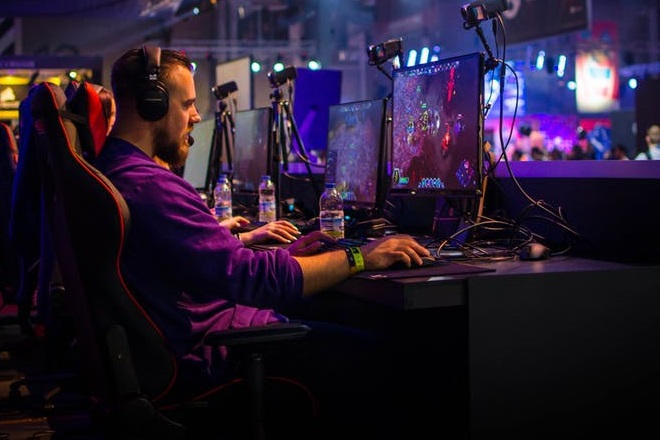Psychological Impact of Virtual Avatars and Online Identities on Players
The psychological impact of virtual avatars and online identities on players is a fascinating area of study that delves into how digital representations can influence human behavior, self-perception, and social interactions. In virtual environments such as online games, social media platforms, and virtual reality simulations, players often create and embody avatars that serve as extensions of themselves in these digital realms. These avatars can range from realistic depictions to fantastical characters, each crafted to reflect aspects of the player’s personality, desires, or aspirations. One of the primary psychological effects of avatars is the phenomenon known as the Proteus effect, where individuals’ behaviors and attitudes can be influenced by the characteristics of their avatars. For example, research has shown that when players embody attractive or powerful avatars in virtual environments, they tend to exhibit more confident and assertive behaviors compared to when they use avatars with less favorable attributes. Moreover, avatars play a crucial role in facilitating social interactions and relationships in online communities.

They serve as visual markers of identity, allowing players to signal their interests, affiliations, and personalities to others. This aspect of avatar customization contributes to the formation of online identities, where individuals may develop distinct personas that differ from their offline selves. These identities can be empowering, providing a sense of anonymity and freedom to explore different aspects of one’s personality or experiment with social roles that may not be feasible in real-life settings. However, disconnect between virtual identities and real-world identities can also lead to psychological challenges. In some cases, ug8 games may experience identity confusion or dissociation, especially if they invest significant time and emotional energy into their online personas. This phenomenon, known as avatar identification, occurs when individuals begin to perceive their avatars as extensions of themselves, blurring the boundaries between virtual and physical realities. While avatar identification can enhance immersion and enjoyment in virtual environments, it can also contribute to feelings of disorientation or detachment from real-life responsibilities and relationships.
Furthermore, the social dynamics surrounding avatars can influence players’ self-esteem and social behaviors. For instance, players with more visually appealing avatars or higher in-game accomplishments may receive greater social validation and recognition within online communities, which can enhance their self-esteem and sense of belonging. Conversely, players whose avatars do not conform to societal norms of attractiveness or success may face social exclusion or feelings of inadequacy. In conclusion, the psychological impact of virtual avatars and online identities on players is multifaceted, encompassing aspects of self-perception, social interaction, and emotional well-being. While avatars can enhance self-expression, creativity, and social connectivity in virtual environments, they also pose challenges related to identity management, social comparison, and the blurring of virtual and real-world boundaries. As digital technologies continue to evolve, understanding these psychological dynamics will be crucial for designing immersive and socially responsible virtual experiences that promote positive mental health and well-being among players.

